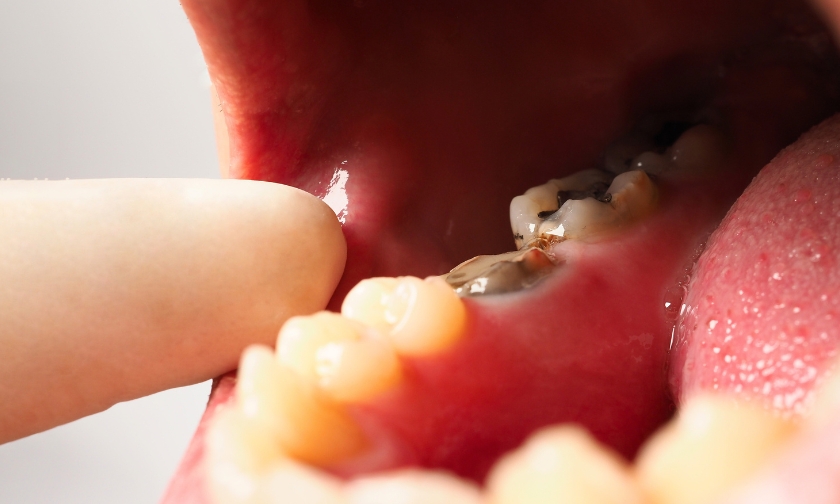943 Finchley Rd, London NW11 7PE
Do You Need A Filling Before A Root Canal?

When it comes to dental procedures, root canals often stir up a lot of questions, particularly about the steps involved.
One common question is: do you need a filling before the procedure?
If you’ve been advised to get a root canal, you’re probably wondering if any additional steps, like filling, are necessary beforehand.
Understanding whether you need a filling before a root canal can make all the difference in your treatment journey. It can help ensure the procedure goes smoothly, and your recovery is as quick as possible.
In this blog, we’ll dive into why a filling might be needed and when it’s not. Let’s clear up any confusion and make sure you’re fully prepared for your root canal!
What is a Root Canal, and How Does It Work?
A root canal is a dental procedure designed to save a tooth that has become severely damaged or infected. Instead of extracting the tooth, the dentist removes the infected pulp and seals the tooth to prevent further issues.
- Root canal treatment is necessary when the tooth’s pulp becomes infected or decayed.
- The procedure involves cleaning out the infected area, filling the root canal, and sealing the tooth.
- A root canal can help save the tooth from extraction, ensuring your smile stays intact.
It’s a common procedure with a high success rate and is designed to alleviate pain and restore function to a damaged tooth.
Why Would You Need a Filling Before a Root Canal?
A filling before root canals serves an important purpose. It helps protect the tooth from further infection and damage, ensuring the procedure is more successful.
- The filling acts as a temporary barrier, sealing the tooth before treatment.
- It helps reduce the risk of infection and ensures that the tooth remains stable during the root canal process.
- Common misconceptions include thinking that fillings and root canals are interchangeable, but fillings only serve as a preliminary step.
The filling is usually placed to provide an added layer of protection, giving your dentist a clean slate to perform the root canal.
What Happens If You Don’t Get a Filling Before a Root Canal?
Skipping the filling step before a root canal can create more problems down the road. Without it, your tooth may be exposed to bacteria or further damage.
- Missing a filling increases the risk of infection, complicating the root canal procedure.
- Your tooth might weaken further, making the root canal more challenging and less successful.
- In some cases, skipping the filling can delay the treatment process and prolong your recovery.
It’s essential to follow the dentist’s advice and not skip any necessary steps to ensure the root canal goes smoothly and your tooth remains intact.
Does Every Root Canal Require a Filling Beforehand?
Not every root canal requires a filling beforehand. Some cases are more straightforward and don’t necessitate a filling.
- If the tooth is already sealed or only slightly damaged, a filling might not be necessary.
- Factors like the degree of infection or damage will determine whether a filling is needed.
- Your dentist will assess each case individually, ensuring the treatment plan is tailored to your specific needs.
A filling before the root canal might only be required in certain situations, such as when there’s significant decay or exposure.
The Role of a Dentist in Deciding Whether to Fill Before a Root Canal
Your dentist plays a crucial role in determining if a filling is necessary before a root canal. This decision is based on the severity of your tooth’s damage and infection.
- The dentist will use X-rays and a thorough examination to assess your tooth’s condition.
- They’ll consider factors like the extent of decay and whether the tooth is sealed or exposed.
- The final decision involves a collaborative approach, ensuring the best treatment plan for your tooth’s health.
Understanding whether you need a filling before a root canal helps you make informed decisions about your dental care. While it might not be necessary in every case, following your dentist’s advice ensures the best outcome for your tooth. Take the time to consult with a professional and follow the recommended steps for optimal health and comfort.





